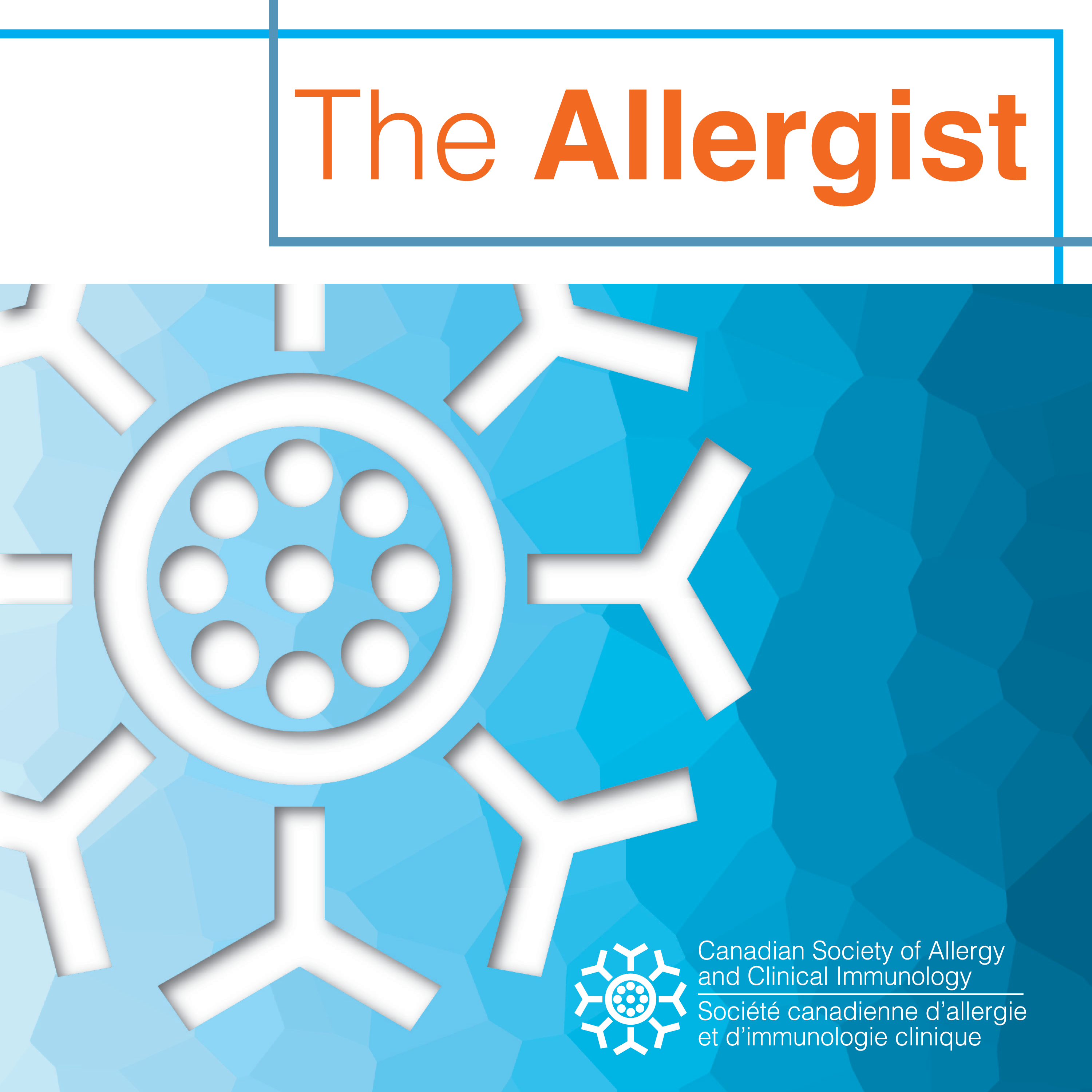The Allergist Episode 22 – Decoding Hereditary Angioedema: Expert Insights

“HAE is a different disease than it was because of the advancement of treatments…make sure that you’re offering the best form of therapy available to patients and their families.”
– Dr. Stephen Betschel
Join Dr. Mariam Hanna in an enlightening conversation with Dr. Stephen Betschel, an associate professor in the Department of Medicine’s Division of Clinical Immunology and Allergy, and a staff clinical immunologist and allergist in the Division of Allergy and Clinical Immunology at St. Michael’s Hospital and Division of Respirology at University Health Network. Dr. Betschel, a global authority on hereditary angioedema (HAE), shares his extensive knowledge on this rare and potentially life-threatening condition.
On this episode:
Understanding Hereditary Angioedema: Dr. Betschel provides a detailed explanation of HAE, an autosomal dominant condition characterized by C1 inhibitor deficiency. He discusses how this deficiency leads to the overproduction of bradykinin, causing swelling in various parts of the body, including the hands, feet, face, abdomen, and throat.
Types and Diagnosis: Explore the different types of HAE (type 1, type 2, and hereditary angioedema normal) and the importance of accurate diagnosis. Dr. Betschel explains the diagnostic process, which includes measuring C4 and C1 inhibitor levels and function, and emphasizes the role of clinical and family history in identifying potential cases. Genetic testing can also be useful in certain cases.
Clinical Manifestations and Triggers: Learn about the varying clinical manifestations of HAE, which can differ significantly even among patients in the same family. Dr. Betschel highlights common triggers for HAE attacks, such as infections, trauma, and spontaneous episodes, emphasizing the importance of understanding these triggers for effective management.
Management and Treatment: Discover the latest advancements in HAE treatment, including on-demand therapies for acute attacks and long-term prophylaxis options. Dr. Betschel discusses medications such as Icatibant, intravenous and subcutaneous C1 inhibitors, and the promising future of oral treatments and gene therapy.
Patient Care and Support: Dr. Betschel underscores the importance of providing comprehensive care and support for HAE patients. He advises healthcare providers to engage with patients actively, optimize attack control, and improve quality of life through personalized treatment plans.}
Tune in to this episode for an in-depth exploration of hereditary angioedema, offering valuable insights and practical advice for healthcare providers.
Posted on July 23, 2024.
